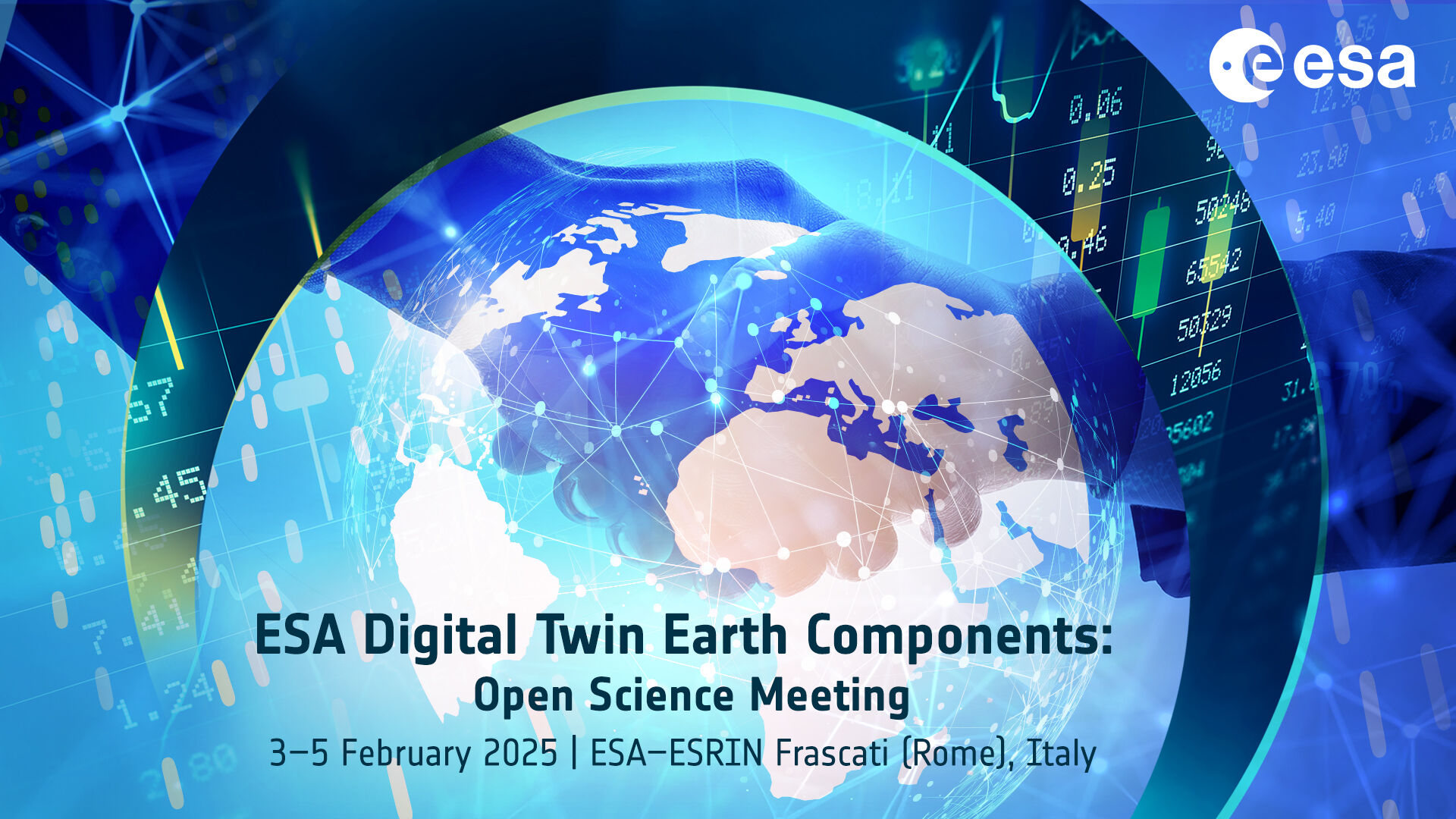
BioDT at the ESA Digital Twin Earth Components Meeting
From 3-5 February 2025, the BioDT project will be represented at the ESA Digital Twin Earth Components: Open Science Meeting, taking place in Frascati, Italy. Gabriela Zuquim, project manager at CSC, will contribute to Session 2.2, titled "DT initiatives and projects," scheduled for 11:30–13:00 on 4 February. This presentation will focus on BioDT’s work with biodiversity digital twins for advanced modelling, simulation, and prediction capabilities.
This event, hosted by the European Space Agency (ESA), is a significant gathering for scientists, policymakers, innovators, and industry professionals working on digital twin initiatives. It aims to foster collaboration and shape the future of Earth Observation (EO) data integration in digital twin ecosystems. Attendees will explore the latest advancements in EO satellite capabilities and their role in operationalising future digital twin technologies, particularly within the context of the European Commission’s Destination Earth (DestinE) initiative.
BioDT's Role at ESA Digital Twin
BioDT is dedicated to leveraging digital twin technologies to advance biodiversity research and monitoring. In Session 2.2: DT initiatives and projects, Gabriela Zuquim (CSC) will deliver a presentation titled “Biodiversity Digital Twins for Advanced Modelling, Simulation and Prediction Capabilities.” This session will feature six innovative projects showcasing advancements in digital twin applications, such as geophysical extremes, ocean monitoring, and agrobiodiversity data deployment. By participating, BioDT underscores its role in enhancing the accuracy and scalability of ecological models for informed decision-making and sustainable resource management.
BioDT’s participation highlights its commitment to pushing the boundaries of biodiversity research through digital twin technologies. This aligns with the project’s mission to support science-driven decisions for global environmental challenges and sustainable management practices.
More information about the event and the full agenda are available here.